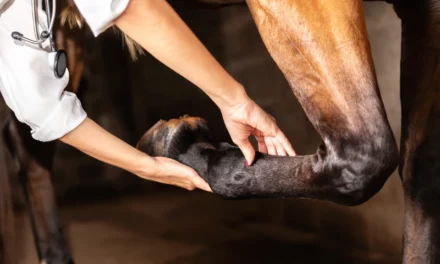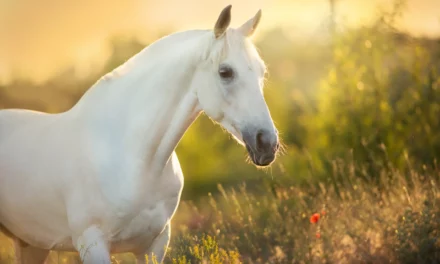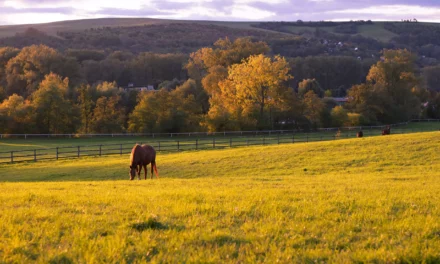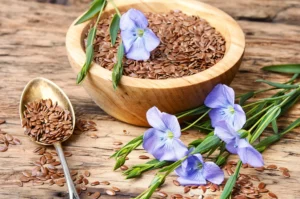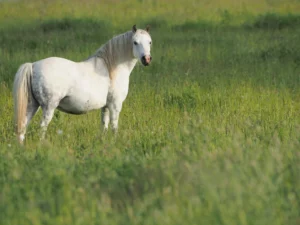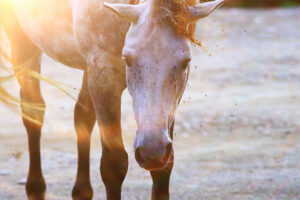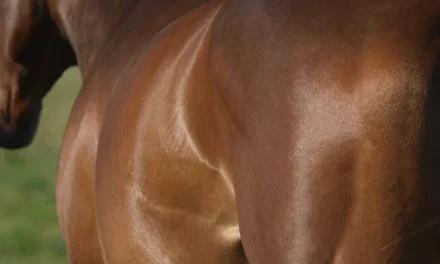
Those are muscles, right?!
Reading Time: 2 minutes Among horse owners, a persistent rumor circulates suggesting that it is possible to enhance a horse’s muscle development through protein-rich dietary supplementation. It is indisputable that protein plays a crucial role in muscle development. Muscle development in horses, akin to humans, is contingent upon their level of physical activity. In

